
The FDA has approved a ready-to-use long-acting injectable formulation that is administered every 3 months as a treatment for advanced prostate cancer.

The FDA has approved a ready-to-use long-acting injectable formulation that is administered every 3 months as a treatment for advanced prostate cancer.

The action is supported by 3 ongoing clinical trials, which are evaluating izalontamab brengitecan (iza-bren) in non–small cell lung cancer (NSCLC) and other diseases.

Abemaciclib enhances overall survival in high-risk HR+, HER2– early breast cancer, establishing its role as a standard adjuvant therapy.

Oral selective estrogen receptor degraders (SERDs) are a promising line of treatments for patients with breast cancer.

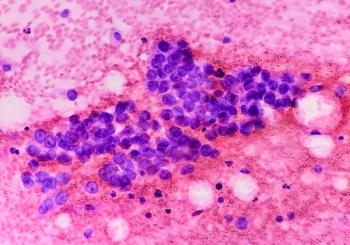
The action is significant for patients with extensive-stage small cell lung cancer (SCLC), a population with limited treatment options.

GLP-1 receptor agonists like semaglutide show promise in reducing obesity-related cancer risks, while highlighting the need for ongoing safety monitoring.

Researchers have identified suppression of the JNK pathway, particularly loss of MAP2K7, as a key driver of resistance to endocrine therapy plus CDK4/6 inhibitors in ER+ breast cancer.
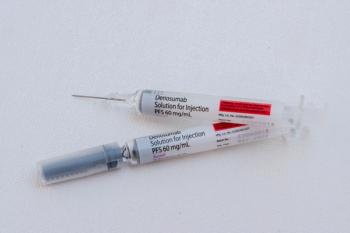
When treating patients with bone metastases, the biosimilar demonstrated equivalent safety and efficacy to its reference product.

A patient, who formerly had previously been treated with CAR therapy for multiple myeloma, achieved remission for both multiple myeloma and lymphoma.

The action follows phase 3 trial data that demonstrated reduced phlebotomy dependence, improved hematocrit control, and eased symptoms.

The study results could help bolster metformin as a potentially attractive option for patients with HER2-positive breast cancer.

Patients in an outpatient oncology unit expressed willingness to receive a pneumococcal or influenza vaccine from a pharmacist if offered.

A new study found that the natural alkaloids mitragynine and 7-hydroxymitragynine from Mitragyna speciosa showed stable binding and favorable drug-likeness as potential HER2 inhibitors in breast cancer.
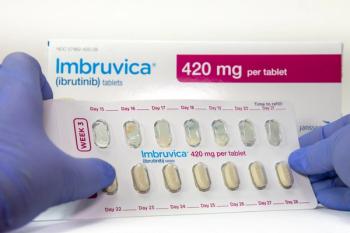
Ibrutinib combined with venetoclax significantly improved measurable residual disease and progression-free survival in patients with chronic lymphocytic leukemia.

Palbociclib revolutionizes HR+/HER2- breast cancer treatment, enhancing outcomes with endocrine therapies and promising new combinations for better patient care.

Research reveals that clinical stage significantly influences survival rates in HER2-positive breast cancer patients undergoing neoadjuvant chemotherapy.
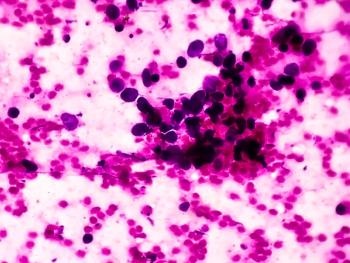
Both preclinical and translational evidence support MET inhibition as a therapeutic approach in patients with small cell lung cancer (SCLC).
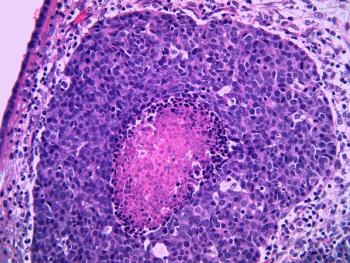
Enfortumab vedotin is one of many effective antibody-drug conjugates on the market that can be utilized to improve the treatment of urothelial carcinoma.

New research reveals that immunoglobulin replacement therapy fails to lower infection-related hospitalizations in those with chronic lymphocytic leukemia (CLL), raising treatment concerns.

Precision oncology has shifted, yet pharmacists’ roles remain underutilized.

Precision medicine transforms cancer care, enhancing patient outcomes through targeted therapies, yet faces challenges in community access and biomarker testing.


Oncology pharmacists are increasingly shaping patient care.

New research highlights abemaciclib and ribociclib as promising treatments for early HR-positive, HER2-negative breast cancer, emphasizing survival benefits and adverse effects.

Combination therapy with tremelimumab and durvalumab significantly improves survival in patients with liver cancer compared with standard sorafenib treatment.

Morgan Cantley, PharmD, BCOP, shares key insights about the HER2-targeting antibody-drug conjugate trastuzumab deruxtecan.
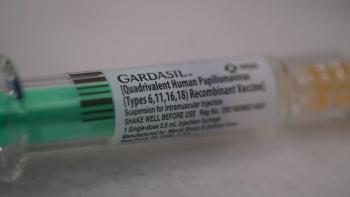
Many adults remain unaware of HPV's cancer risks, highlighting the urgent need for increased awareness.

Revumenib shows promise in treating NPM1-mutant AML, expanding its role in precision oncology and offering hope for targeted leukemia therapies.

Pharmacists optimize biosimilar and 505(b)(2) use through collaboration, education, and integration.